
The tragedy in Riga shocked the country, the transition to Latvian is difficult, Latvia's economy underwent revision… We present the traditional weekly roundup of news that did not go unnoticed.
1. Minimum Wage to Be Increased Again
In 2026, the minimum wage in Latvia is planned to be increased by 40 euros - to 780 euros, according to a project developed by the Ministry of Welfare. The non-taxable minimum will also increase by 40 euros next year - from 510 to 550 euros per month.
In 2024, an average of 117,895 people, or 15.3% of workers, received the minimum wage or less, which is 4.1 percentage points lower than three years ago, when the share of such workers was 19.4%.
2. The Convention Shook the Coalition!
Photo - LETA
Only a year remains until the new elections to the Saeima, but tensions have already begun to rise. The "protest" vote of the Union of Greens and Farmers on the Istanbul Convention exposed the internal contradictions of the coalition.
The crisis intensified after a series of mutual accusations of various sins, and at the instigation of the opposition, it even came to a vote of confidence in Prime Minister Evika Silina. The government ultimately stood firm, but ahead lies the adoption of the budget and new scandals. Political life in Latvia will not be boring in the coming months.
3. Tragedy in Riga Shocked the Country
Near the "Imanta" station in Riga, a train fatally struck two 13-year-old girls. The children were riding a rented electric bicycle, which, according to the rules, can only be used by those aged 18 and over. Officials from the Consumer Rights Protection Center responded to the outrage of some members of the public.
The Center ruled to suspend the services of the e-bicycle rental operator Ride Mobility. However, entrepreneurs continued their operations, ignoring the closure decision. The problem, however, is much deeper. In Latvia, too many people are dying under the wheels of trains for everything to be blamed on rented bicycles and scooters.
4. Transition to Latvian Is Difficult
As announced by the State Education Quality Service, the transition to teaching only in Latvian in one-third of schools is proceeding with great difficulty.
The institution's report states that the main problems in these schools are related to the inability of the management to implement change management, insufficient knowledge of teachers about working in a linguistically heterogeneous environment, a constant shortage of teaching and support staff, as well as inadequate implementation of a competency-based approach. "Educational institutions find it difficult to create a Latvian environment, as Latvian language lessons alone are not enough for language learning," the agency states.
5. The Border Will Be Strengthened by Special Law

Photo - LETA
The Saeima adopted a special bill that establishes a special procedure for real estate transactions in the border area. This means that it will be easier for the state to expropriate those plots of land where defensive structures are planned to be built, including as part of the formation of the Baltic defense line.
The total length of the border of EU and NATO countries with the Russian Federation and Belarus is 2866 km, of which 457 km accounts for the eastern border of Latvia.
6. In the Absence of Cargo, LDz Became a Burden
The subsidiaries of the state enterprise Latvijas dzelzceļš (LDz) - LDz Rolling Stock Service and LDz Logistics - have been merged into LDz Cargo. Thus, the equity capital of LDz Cargo has increased by 35.423 million euros - from 114.698 million euros to 150.12 million euros.
As cargo transportation by rail decreases, LDz has recently become a burden for the state budget. The company's management hopes that the merger of structural units will save funds.
7. Latvia's Economy Underwent Revision
Latvia's Gross Domestic Product (GDP) last year, according to revised data, remained at the level of 2023, whereas it was previously reported to have decreased by 0.4%. The Central Statistical Bureau also revised the GDP data for Latvia for 2022 and 2023.
In 2022, Latvia's economy experienced slightly more rapid growth than previously reported, specifically at 1.9%, whereas earlier it was reported as 1.8% growth. Meanwhile, in 2023, the economy experienced a decline, rather than the previously announced growth: according to revised data, in 2023, GDP decreased by 0.9%, whereas earlier it was reported as a growth of 2.9%.
The Central Statistical Bureau explains that the revision is being carried out in all EU countries in accordance with European standards.



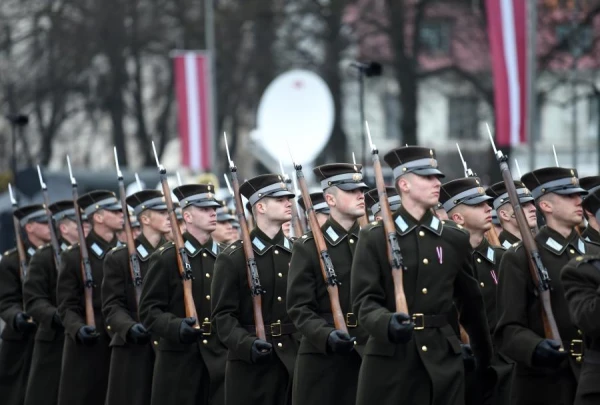


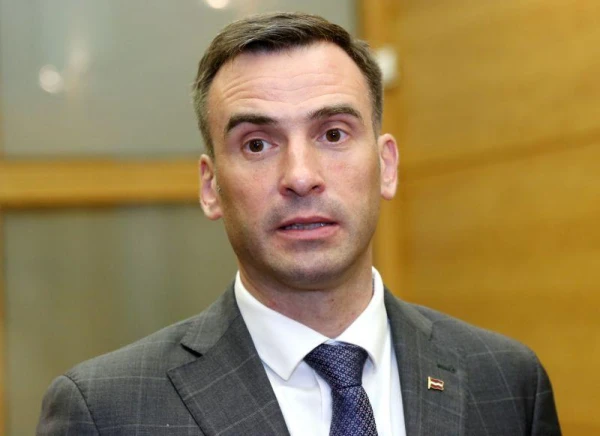
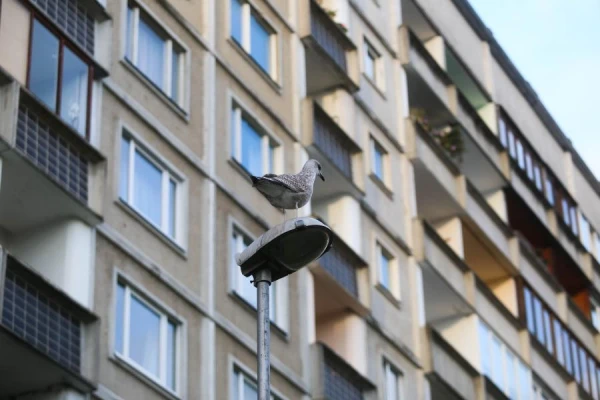
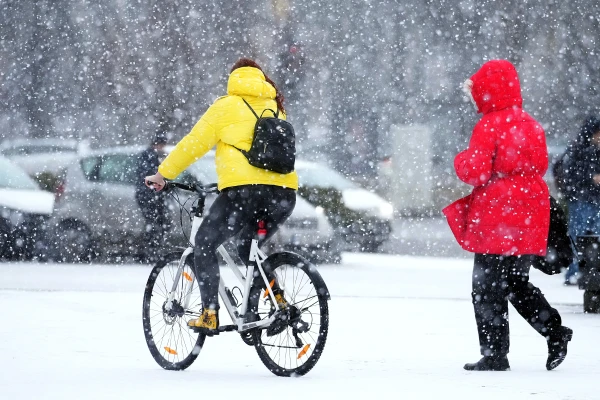
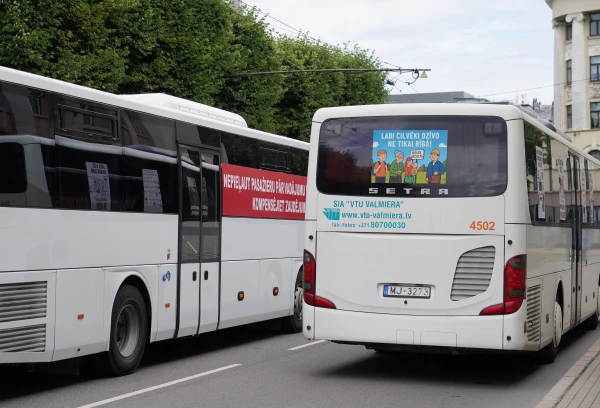


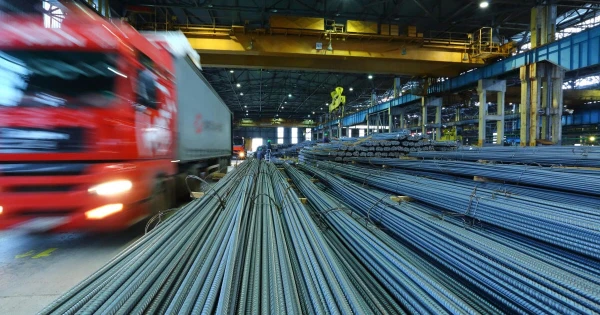

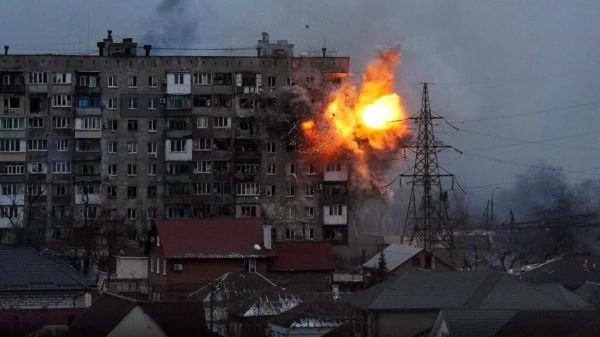
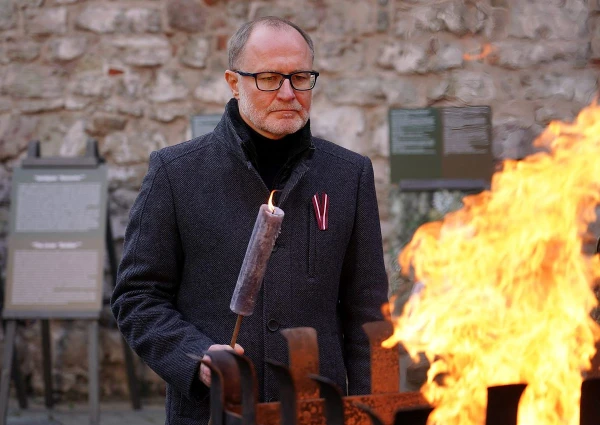
Leave a comment